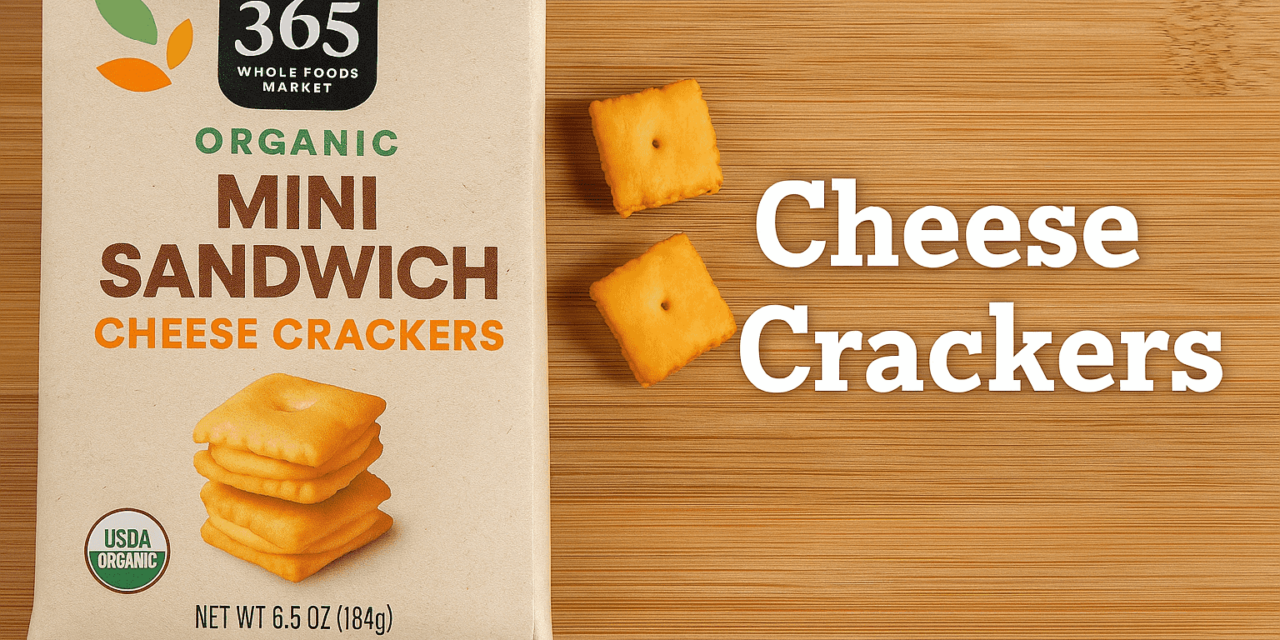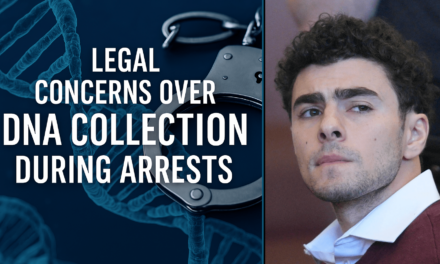Whole Foods Market is now facing a class action lawsuit that could have major implications for both consumers and food manufacturers. According to the complaint, the company’s popular 365 brand Organic Mini Sandwich Cheese Crackers allegedly contain more palm oil than cheese, despite being marketed as containing real organic cheddar. At The Pisanchyn Law Firm, we’re committed to helping consumers understand their rights—especially when it comes to false advertising and deceptive food labeling.
What Is the Lawsuit About?
The lawsuit claims that Whole Foods is misrepresenting the ingredients in its 365 brand Organic Mini Sandwich Cheese Crackers by emphasizing real organic cheddar cheese on the packaging and in its branding. However, according to the plaintiff, the actual ingredients reveal that palm oil is used in a greater quantity than cheddar cheese—a detail that many consumers would not expect when purchasing a product advertised as cheese-based.
Why This Matters
Deceptive food labeling doesn’t just violate consumer trust—it can be a legal issue. If a product is marketed in a way that misleads consumers about what they are actually eating, companies may be held accountable through class action lawsuits. In this case, consumers who purchased these crackers under the impression they were getting a cheddar-forward, organic snack may feel misled.
For individuals who carefully choose products based on health, diet, or environmental concerns, the inclusion of palm oil—especially in greater amounts than cheese—could be a key factor in their purchasing decisions. Palm oil has faced criticism for both health impacts and its link to deforestation and environmental damage.
What Are Consumers Alleging?
The core of the lawsuit focuses on misleading packaging and advertising. The plaintiff argues that the labeling violates consumer protection laws by presenting the product as if cheese is the primary feature, when in fact, a less desirable ingredient—palm oil—is more prevalent. The suit seeks compensation and corrective action, which may include changes to product labeling, packaging, and potentially even formulation.
What Can You Do If You’ve Been Misled by a Product Label?
If you believe you’ve purchased a product that was falsely advertised or misrepresented, you may be eligible to join a class action lawsuit or file an individual claim. These types of cases fall under consumer protection law, which is designed to hold corporations accountable for deceptive or unfair business practices.
At The Pisanchyn Law Firm, our legal team is experienced in handling consumer fraud and class action cases. We investigate these claims thoroughly and fight to ensure that consumers are not taken advantage of by misleading marketing or labeling.
Contact The Pisanchyn Law Firm for a Free Consultation





